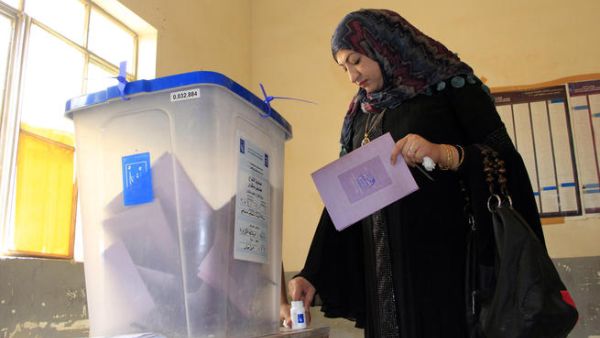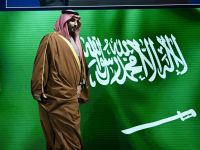Iraqi provincial elections commenced Thursday under heavy security in the provinces of Anbar and Nineveh, according to AFP.
The elections were postponed for two months as Iraq faces a spike in violence across the nation. Twelve of Iraq’s 18 provinces voted in April in the central and south of the country.
Some have criticized the Shiite majority government’s decision to delay the Anbar and Nineveh elections, suggesting political motivations. Government officials, though, cited security concerns as the reason for the delay.
Anbar and Nineveh’s election season has seen the death of nine candidates, including Yunus al-Ramah of Nineveh, head of the United Iraq party, who was attacked at his home in the town of Al-Hadhr. Iraq has responded by implementing overarching security measures, such as a vehicle traffic ban in Nineveh province and cities Mosul and Ramadi, as well as by deploying thousands of policemen and soldiers to protect voters, reported the AP.
About 2.8 million voters reside in Anbar and Nineveh, determining the fate of 1,185 candidates who are competing for a mere 69 provincial council seats, according to AFP.
Iraq, currently entrenched in political gridlock, is set to hold general elections next year, for which Anbar and Nineveh are seen as popularity gauges for politicians hoping to campaign. That includes Prime Minister Nuri al-Maliki, who faces scrutiny for allegedly consolidating his power structure in preparation for next year’s parliamentary elections. Maliki’s opponent faired better than expected in April’s elections, leaving many to doubt that his administration’s grip on power is definite.
Iraq has not passed any significant legislation since 2010. Many fear that the stalemate will prove permanent, and the country will once again slip into unrest, according to AFP. May was the bloodiest month in Iraq since June 2008, with more than 1,000 people killed according to the United Nations mission in the country.








